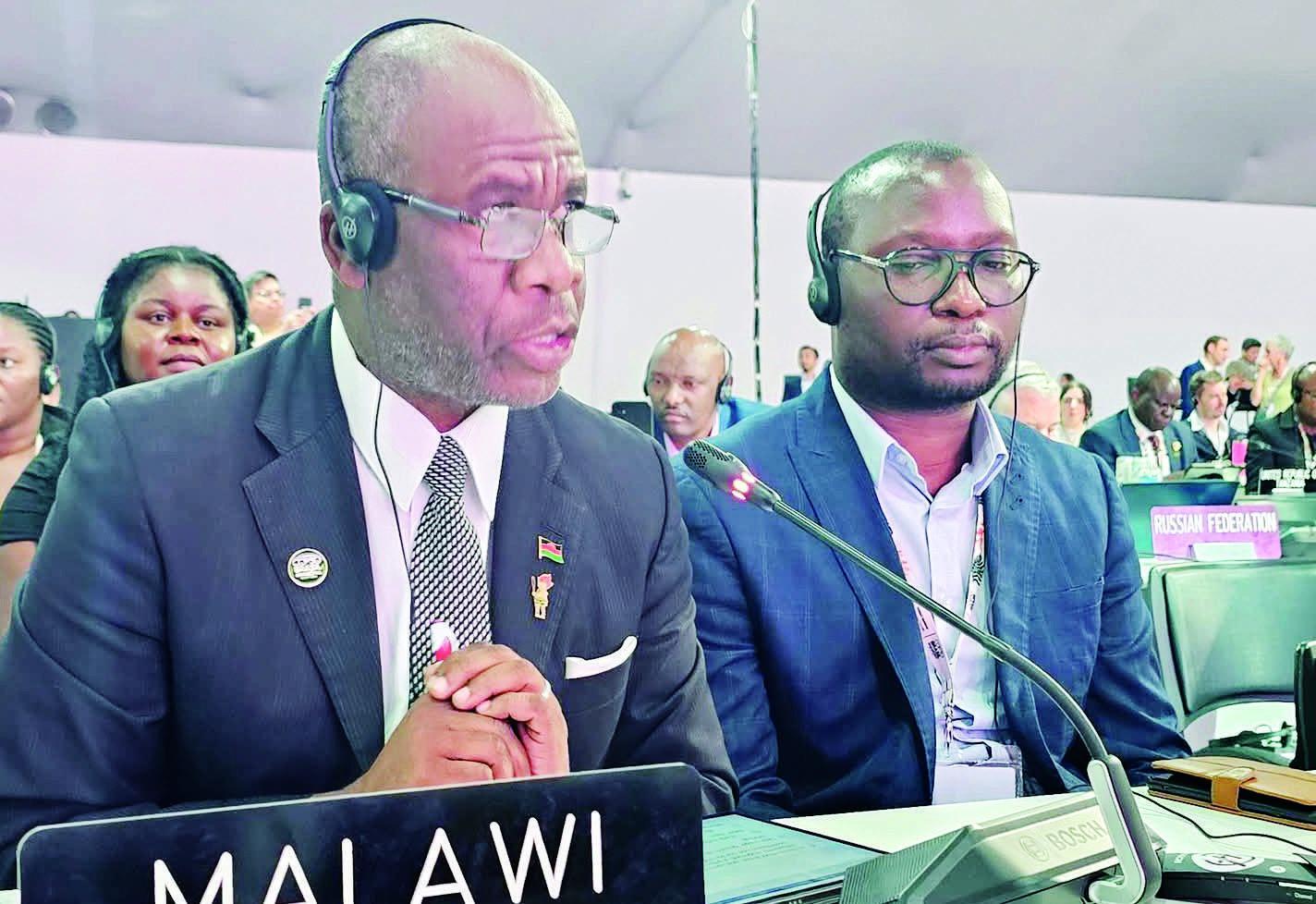Africa-Press – Malawi. The United Nations Climate Summit, CoP30, ended in Belém, Brazil, in the early hours of Saturday without any new commitment to reduce the use of fossil fuels, despite strong pressure from more than 80 countries.
The final agreement, known as the Mutirão, does not directly mention oil, coal or gas — the fuels responsible for most global emissions.
Instead, countries are simply encouraged to “voluntarily” speed up efforts to cut their use.
Malawi’s lead climate negotiator and former Least Development Countries chairperson Evans Njewa said the outcome showed how divided countries remained.
“This is not the level of ambition we wanted. Science is clear that fossil fuels are driving climate change. We needed stronger language but some countries refused. Still, we will continue pushing for real action,” he said.
Countries that depend heavily on selling oil and gas argued that they should be allowed to use their resources to grow their economies.
Saudi Arabia insisted that every nation must “build its own path based on its circumstances”.
Colombia, which has been calling for tougher action, criticised the CoP30 presidency for pushing the deal through without allowing space for objections.
This year’s talks were also marked by the absence of the United States (US).
US President Donald Trump announced that the country would leave the Paris Agreement and, as such, the US did not send a delegation.
Many negotiators said the absence of the world’s biggest historical emitter weakened attempts to challenge oil-producing nations.
Despite the frustration, developing countries made some progress on climate finance.
The final text gives clearer recognition that rich nations with historical responsibility must provide more support to vulnerable countries.
Brazil also launched a new fund to protect tropical forests, raising at least $6.5 billion.
A global roadmap to fight deforestation gained support from more than 90 countries.
Reactions were mixed.
India called the deal “meaningful” while small island states said it was “imperfect” but better than nothing.
The United Kingdom and the European Union wanted stronger action but accepted the deal to prevent the talks from collapsing.
For Malawi and other Least Developed Countries, the struggle continues.
“We came here to demand real commitments. This deal keeps the process alive but the world must do more. Communities are suffering now,” Njewa said.
Economist and legal scholar Greenwell Matchaya said the debate on Article 2.1(c) remained critical for LDCs.
“Aligning global financial flows with climate goals is necessary but it cannot dilute existing finance obligations. CoP30’s reassurance on this point is significant because our economies are already carrying the burden,” he said.
For More News And Analysis About Malawi Follow Africa-Press






